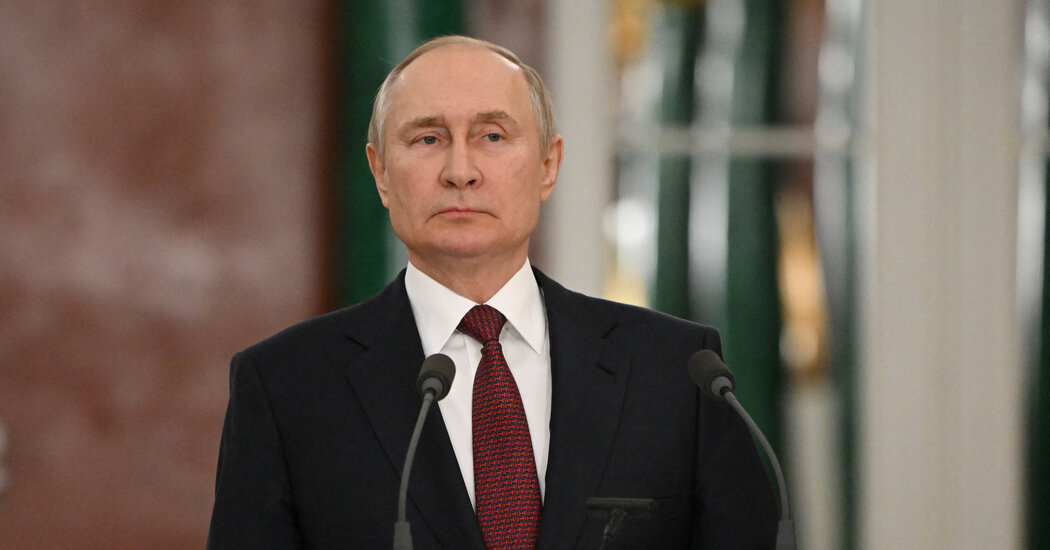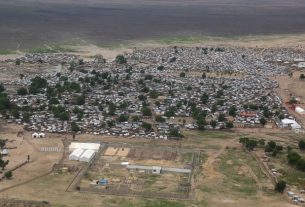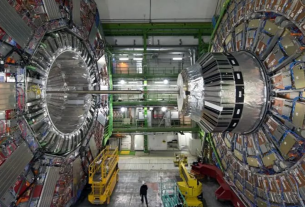In a move signaling Russia’s ongoing prioritization of its military and defense capabilities, President Vladimir Putin has approved a record-breaking national defense budget for 2024. According to an official statement posted on the Russian government’s website, a total of 13.5 trillion rubles (approximately $145 billion) has been allocated for defense, representing a significant 32.5% of the country’s overall budget.
A Historic Investment in Military Spending
This allocation marks a sharp increase in defense spending, reflecting the government’s continued focus on strengthening its military forces amid ongoing geopolitical tensions, particularly the war in Ukraine. The substantial portion of the national budget directed toward defense underlines Russia’s commitment to maintaining and modernizing its military infrastructure in the face of growing external challenges and internal security concerns.
The budget allocation comes as the Kremlin faces heightened international scrutiny over its military activities, particularly the ongoing conflict in Ukraine, which has intensified demands for defense readiness and strategic stability. Putin’s decision to earmark such a large share of the national budget for defense is consistent with his administration’s long-standing emphasis on military preparedness and national security.
Contextualizing the Military Spending Surge
The 13.5 trillion ruble allocation is part of a broader trend of increasing defense budgets observed globally, as many nations ramp up military expenditures in response to shifting security dynamics. For Russia, the heightened spending is seen as a necessary step to ensure its military capabilities remain competitive, particularly as it faces off against NATO members and other global powers.
The Russian defense budget has grown significantly in recent years, with the current allocation surpassing previous records. Experts note that this surge is likely driven by a combination of factors, including the war in Ukraine, the modernization of Russia’s nuclear arsenal, and the development of new military technologies, including advanced missile systems and air defense capabilities. Additionally, the Kremlin has invested heavily in strengthening its armed forces and providing support for defense industries critical to sustaining military operations.
Implications for Russia’s Domestic and International Strategy
The decision to allocate such a substantial portion of the national budget to defense also has significant implications for Russia’s domestic policy and international standing. While the focus on military spending may bolster national security and support Russia’s foreign policy ambitions, it also comes at a time when the country faces economic challenges, including international sanctions, inflation, and a strained domestic economy.
Critics argue that the diversion of resources to defense may limit funding for vital sectors such as healthcare, education, and infrastructure, which are also crucial for the country’s long-term stability. The prioritization of defense spending may further exacerbate economic inequalities and public discontent, particularly in regions where economic opportunities are limited.
Global Reactions and Economic Considerations
International reactions to Russia’s defense budget are mixed. While some countries view the surge in military spending as a threat to regional security, others see it as a strategic move to secure Russia’s position on the global stage. In Europe, NATO allies have expressed concern over Russia’s increasing militarization and its growing reliance on defense to assert influence.
From an economic perspective, the large defense budget poses challenges for Russia, as it seeks to balance its military priorities with the need for economic growth and development. The allocation of such a significant portion of the budget to defense may limit the Kremlin’s ability to address economic weaknesses and diversify the economy away from its reliance on oil and gas exports.
Looking Ahead: Russia’s Strategic Goals
Looking ahead, Russia’s defense budget is likely to remain a key area of focus for both domestic and international observers. The Kremlin has made clear its intention to maintain military dominance in key regions and assert its geopolitical interests, particularly in Eastern Europe and Central Asia. The record defense spending is expected to support ongoing military campaigns, bolster defense infrastructure, and secure Russia’s place as a global military power.
In conclusion, President Putin’s approval of a 13.5 trillion ruble defense budget reflects Russia’s unwavering commitment to its military strength and security. While the allocation is unprecedented in its size, it also underscores the challenges facing the country as it balances military priorities with economic and social needs. The international community will continue to closely monitor Russia’s defense spending, as it remains a crucial factor in shaping global security dynamics in the years to come.



